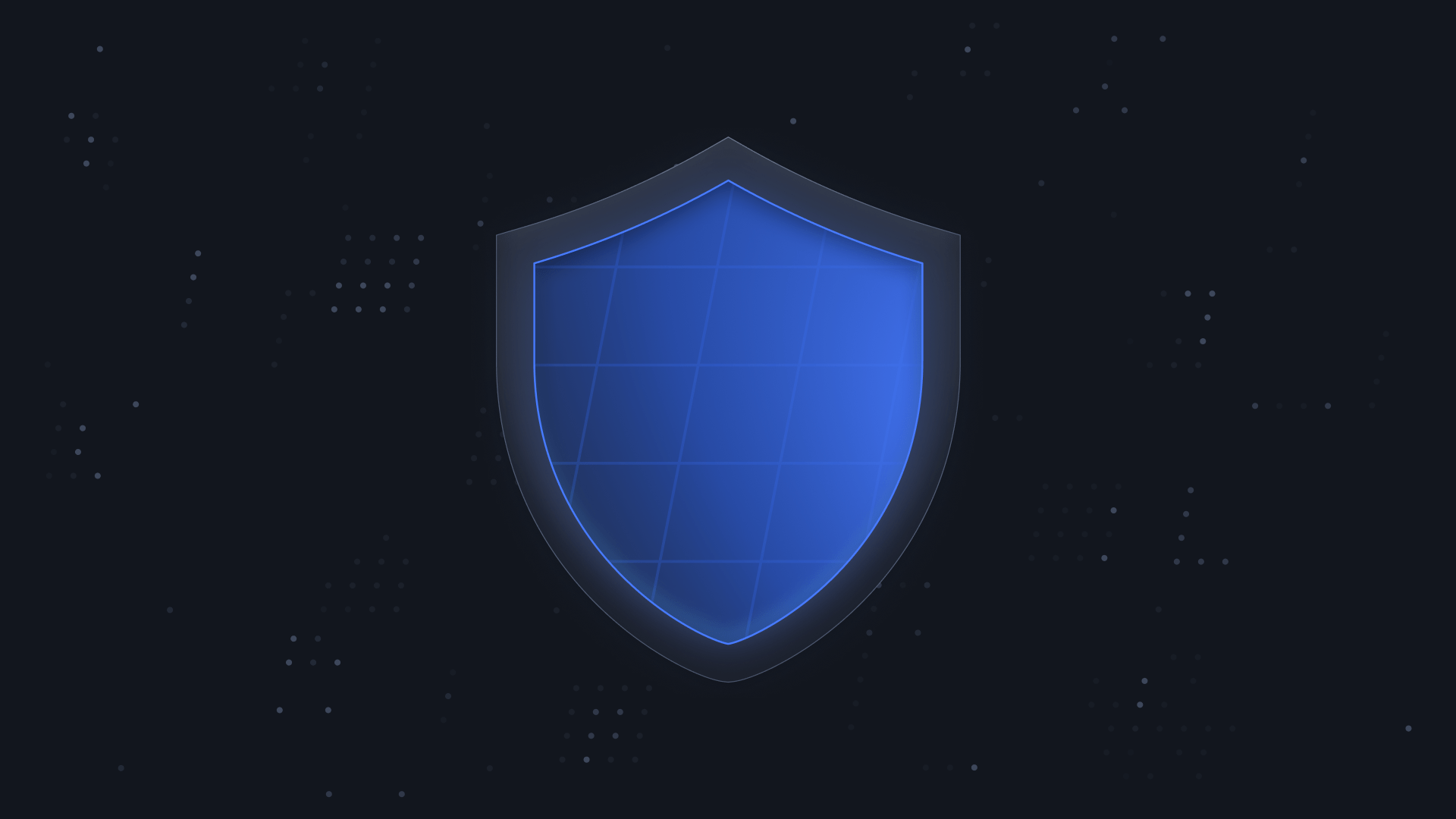Project Eleven, a quantum computing development and advocacy firm, has launched a 1 BTC Q-Day prize for any individual or team that can crack Bitcoin’s ECC key. The company announced this on its official X handle, stating that it wants to ascertain the urgency of quantum computers’ threat to Bitcoin.

This challenge comes just after talks about Google and IBM making progress in developing their respective quantum computers. While this may seem like every other challenge, the possibilities could change the entire Web3 sector.
This article will outline this incident and examine what it could mean for the industry. It will also highlight how shareholders are responding to possible threats.
Project Eleven 1 BTC Q-Day Price: All You Need to Know
Quantum computer and advocacy firm, Project Eleven, has launched a Q-Day prize of 1 BTC to anyone who can crack Bitcoin’s elliptic curve cryptography (ECC). This challenge is open to individuals and teams, whether they are affiliated with any association. The challenge will run from the 16th of April 2025 till the 5th of April 2026.
\Project Eleven has prepared a set of ECC keys ranging from security level 1 to 25 bits. Participants will use Shor’s algorithm on their quantum computer to break these keys. They must demonstrate how they cracked the keys on various levels using the ECC keys the quantum computing company provides.
All entries must feature the gate-level code or instructions for the quantum program they developed. In addition, they must describe their overall approach and every technique they used. That said, those participating in this exercise do not need to make the quantum computer they used public.
Interested individuals or teams can register for the Project Eleven 1 BTC !-Day prize by filling out this form. These persons or groups must not crack a Bitcoin key, as a 3-bit key would be significant news.
What Could Happen if Anyone Wins the Project Eleven 1 Q-Day BTC Prize
An individual or team winning the Project Eleven 1 BTC Q-Day prize would be more than a seismic event. Then again, the chain of events will depend on how much of a success the winner (if there is any) achieves. For a better understanding, here is how Bitcoin Keys on a blockchain work.
The standard Bitcoin key is 256 Bits or 32 bytes. For those who do not understand, the bit size of private keys determines the number of possible combinations. In turn, this affects how random the private keys will be. Think of private keys like a combination lock, whereby the number of combinations increases the difficulty of unlocking it.
“Guessing” the combination for a lock with 4 characters will be easier than doing the same for one with 10. The same logic applies to Bitcoin private keys and their respective bits. Bits represent the number of possible combinations protecting a private key. For a 10-bit key, there are only 2¹⁰ or 1,024 possible combinations.
While this may seem difficult, a supercomputer or quantum computer can quickly guess these possible combinations and crack the private key. Considering the factors outlined above, higher bits increase the security of private keys. 256 bits is the standard of security for Bitcoin private keys with 115,792,089,237,316,195,423,570,985,008,687,907,853,269,984,665,640,564,039,457,584,00,913,129,639,936 possible combinations.
We must consider this factor, as Project Eleven is being realistic by setting the limits between 1 to 25 bits. The goal is to see if quantum computers can crack Bitcoin keys with fewer bits. Should anyone crack a 3 or 5-bit key, it will serve as a possible indicator that a more powerful computer (than what the participants used) can break private keys.
There is a big “IF,” and Project Eleven also admits that breaking a 3-bit key will be a huge success.
How Web3 is Responding to Quantum Computer Threats
There have been varying responses and reactions to the Project Eleven Q-Day challenge. This is unsurprising, considering that 25% of Bitcoins are stored in crypto wallets susceptible to quantum attacks.
On one hand, some stakeholders remain confident that quantum computers capable of cracking Bitcoin’s 256-bit private keys can’t be developed in the near future. In simpler terms, there is nothing to be worried about anytime soon.
Alternatively, certain individuals are wary of this possibility and are calling on cryptocurrency firms to develop alternative security solutions. One of the options considered is migrating Bitcoin to a quantum-proof protocol. This will require a hard fork, as changing Bitcoin’s consensus is a far cry.
Meanwhile, Tectum is developing Tectum Keys to enable individuals and large corporations to safely store Bitcoin, Ethereum, Tectum Emission Tokens, and several other cryptocurrencies. This technology is even more random than Bitcoin and meets military standards of encryption.
